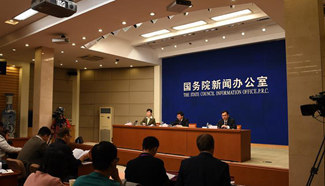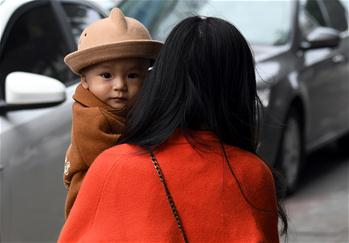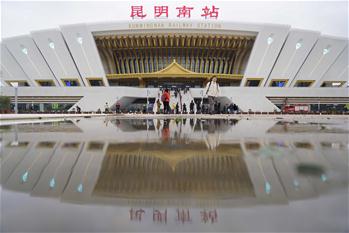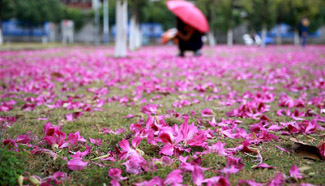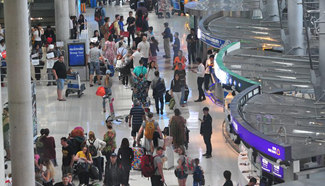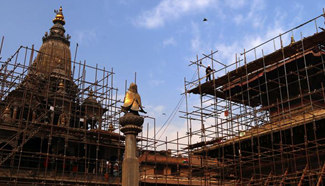by Xinhua writer Qu Junya
BEIJING, Dec. 27 (Xinhua) -- Japanese Prime Minister Shinzo Abe has recently been in a diplomatic rush, yet his intransigent insincerity would mean that his geopolitical maneuvering was no more than flogging a dead horse.
Abe is now in the U.S. state of Hawaii for what Tokyo calls a "visit of reconciliation." He is scheduled to visit the Pearl Harbor on which the Japanese military launched a sneak attack that killed more than 2,000 Americans and pulled the United States into World War II.
Ahead of the trip, Tokyo has stressed that the purpose of the visit "is to pay respects for the war dead and not to offer an apology." That has stirred widespread and serious questions over Abe's sincerity.
It is evident that Abe came to the United States to prop up the alliance with the United States, especially at a time when Washington is going to have a new leader who has vowed to stop giving free rides to U.S. allies around the world.
Worried about the future of the alliance, Abe rushed to become the first foreign leader to meet Donald Trump following his election as U.S. president.
Yet Trump's announcement to dump the Trans-Pacific Partnership (TPP), a trade deal Tokyo has already ratified, has made the Japanese leader even more depressed.
For most of the Obama years, Tokyo has, under the aegis of Washington's pivot to Asia, sought to strengthen its military power and the country's ability to project influence overseas. A key step of realizing that goal is to revise the pacifist constitution, the fundamental instrument to keep Japan's militarist elements caged in the post-war period.
Curtailing China's rising influence in the region has also been one of Japan's strategic targets.
Apart from painting China as a regional security threat and meddling in Beijing's maritime disputes with some of the countries in the area, Abe's recent efforts to promote Japan-Russia relationship reflects well Tokyo's intentions to help counter China's rise.
Yet Abe's bet of tipping Russia against China could make little headway. While trying to court Moscow during Russian President Vladimir Putin's recent Japan visit, Tokyo is still following Washington and maintaining economic sanctions against the country. It would not be hard for Russia to pick sides.
First Russia, then the United States, the Japanese leader seems to believe that he can manipulate the world powers for its own ends.
However, Tokyo needs to realize that peace and prosperity for the region and the world should rest on its commitment to post-war order and a sincere apology for its war crimes. An unapologetic Japan would only turn Abe's foreign policy into a diplomacy of fantasies.




